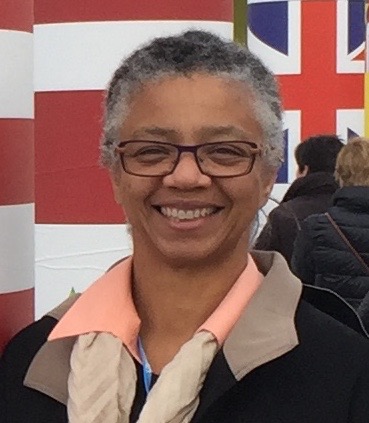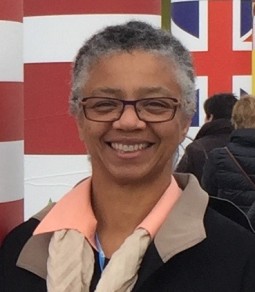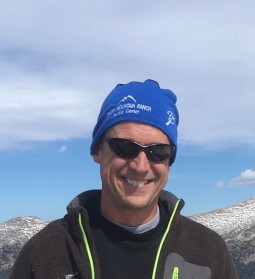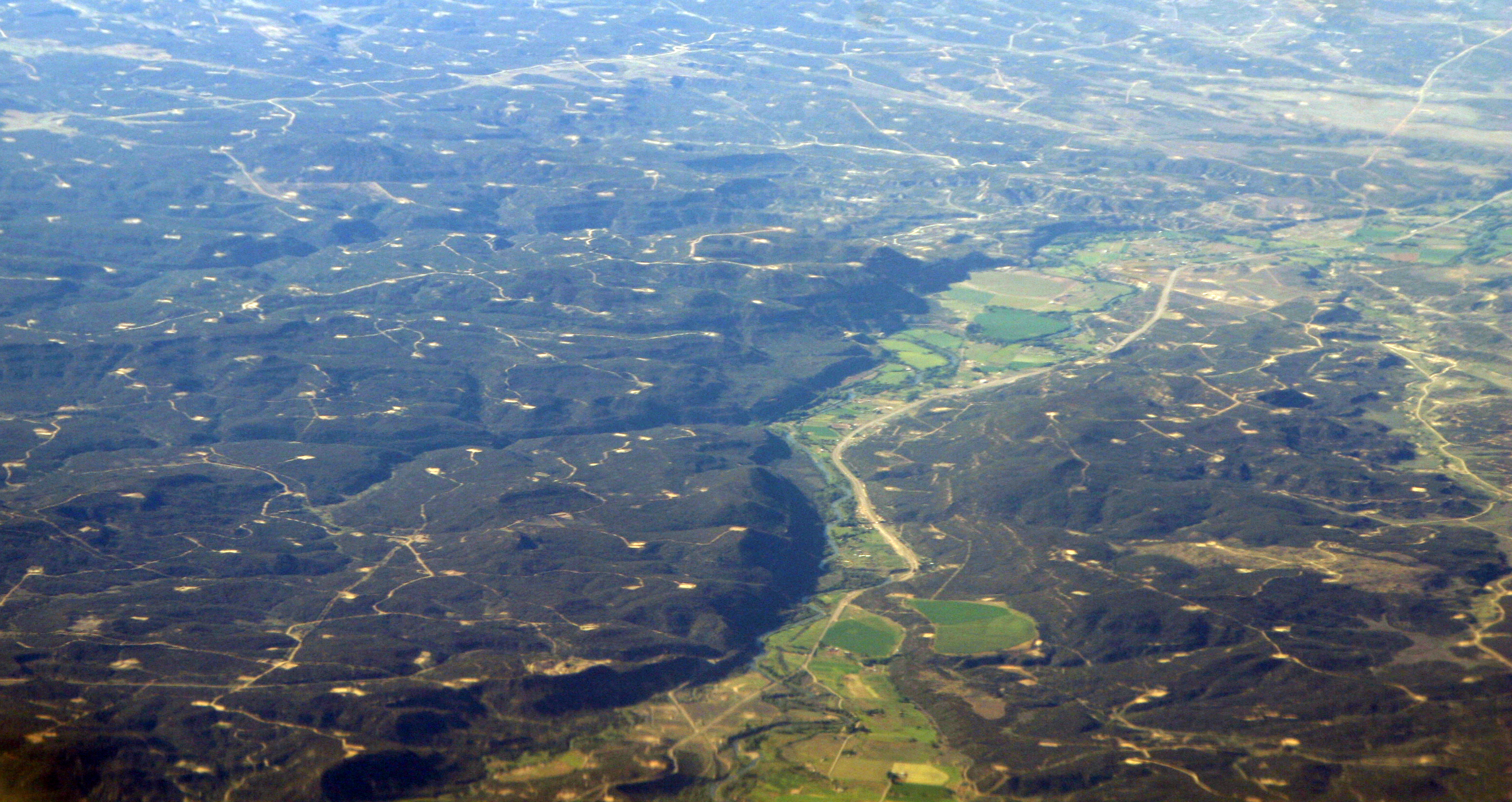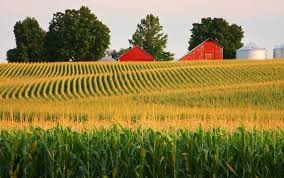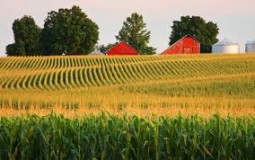 The Unnatural World (start time: 6:58): It’s an audacious topic for a book: the planet, and audacious individuals who are working to save — actually, to remake — human civilization and our home on Earth. David Biello is the science curator at TED and a contributing editor at Scientific American. His debut book, The Unnatural World: The Race to Remake Civilization in Earth’s Newest Age (Scribner), will be out in paperback next month. It explores how we have altered “nature” in so many ways, from burning fossil fuels and warming the oceans and atmosphere, to tearing down tropical rain forests, to killing off so many species. In this newest epoch, dubbed by many the Anthropocene, humans are not just messing things up; they are also inventing solutions, as Biello notes. Daring optimists in his book include Elon Musk and his Tesla electric cars and trucks.
The Unnatural World (start time: 6:58): It’s an audacious topic for a book: the planet, and audacious individuals who are working to save — actually, to remake — human civilization and our home on Earth. David Biello is the science curator at TED and a contributing editor at Scientific American. His debut book, The Unnatural World: The Race to Remake Civilization in Earth’s Newest Age (Scribner), will be out in paperback next month. It explores how we have altered “nature” in so many ways, from burning fossil fuels and warming the oceans and atmosphere, to tearing down tropical rain forests, to killing off so many species. In this newest epoch, dubbed by many the Anthropocene, humans are not just messing things up; they are also inventing solutions, as Biello notes. Daring optimists in his book include Elon Musk and his Tesla electric cars and trucks.
Hosts: Chip Grantis, Susan Moran
Producer: Susan Moran
Engineer: Chip Grantis
Executive Producer: Beth Bennett
Additional Contributions: Joel Parker
Listen here to the show:
Podcast: Play in new window | Download (Duration: 26:42 — 24.4MB)
Subscribe: RSS
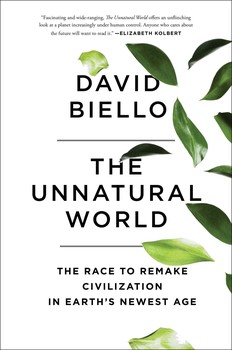


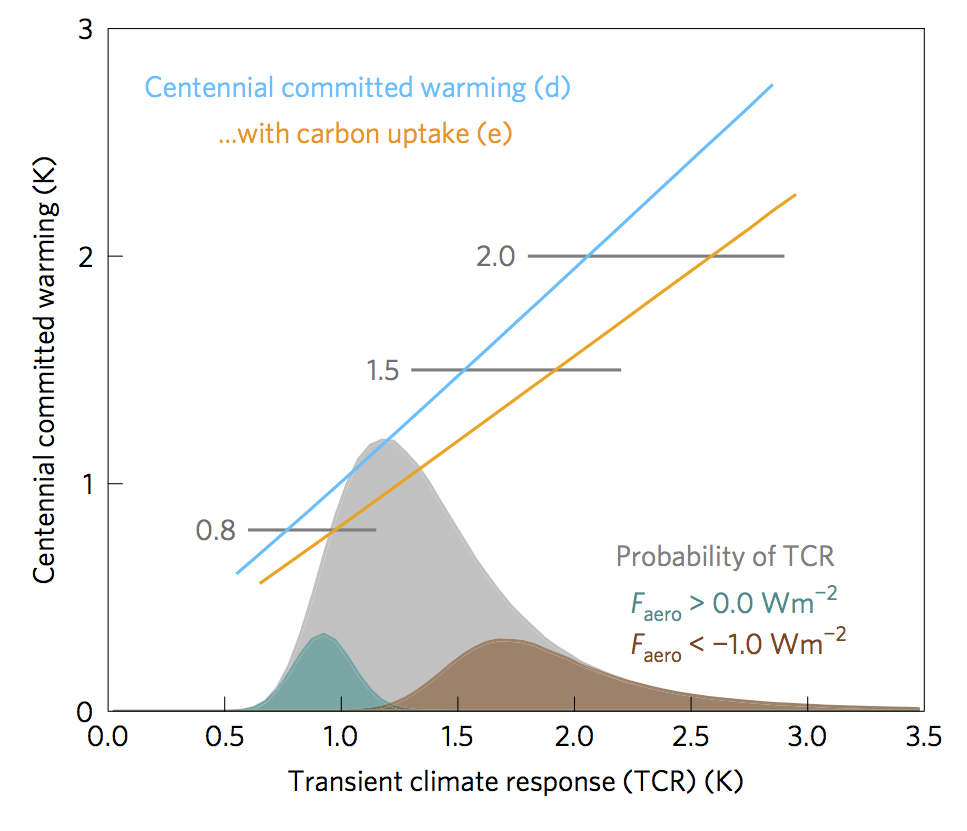
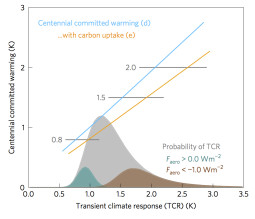
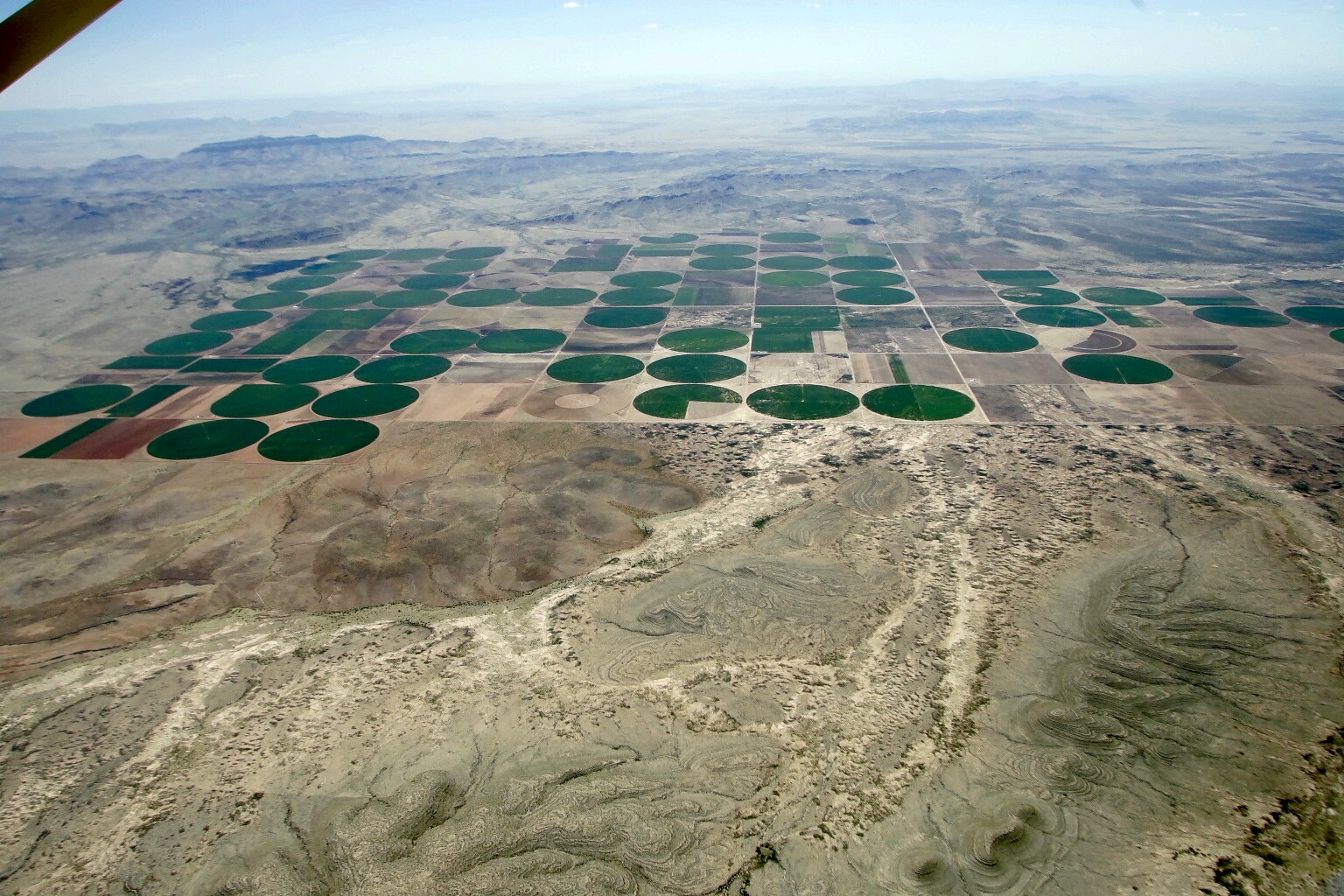
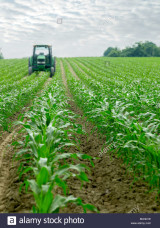
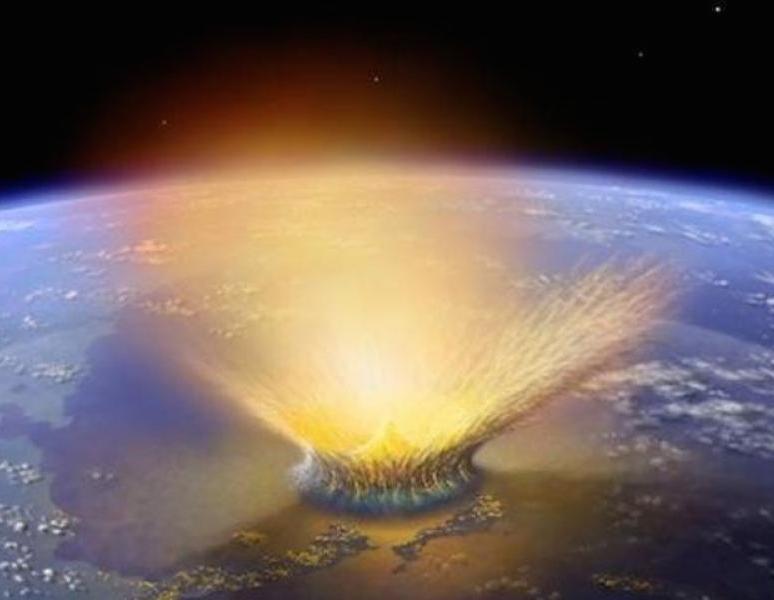
 Climate Change and Extinctions Following an Asteroid Impact (starts at 8:45) It has been hypothesized that the dinosaurs were killed off by a large asteroid that struck the Earth. The details of how the impact of a 10 kilometer diameter asteroid led to global scale extinction have remained elusive. Recently, climate researchers from the Boulder area published new climate model results that show how the asteroid impact ultimately leads to widespread cooling in the atmosphere and increased exposure to ultraviolet radiation. These drastic and rapid changes to the climate due to the asteroid impact may explain the global scale extinction.
Climate Change and Extinctions Following an Asteroid Impact (starts at 8:45) It has been hypothesized that the dinosaurs were killed off by a large asteroid that struck the Earth. The details of how the impact of a 10 kilometer diameter asteroid led to global scale extinction have remained elusive. Recently, climate researchers from the Boulder area published new climate model results that show how the asteroid impact ultimately leads to widespread cooling in the atmosphere and increased exposure to ultraviolet radiation. These drastic and rapid changes to the climate due to the asteroid impact may explain the global scale extinction.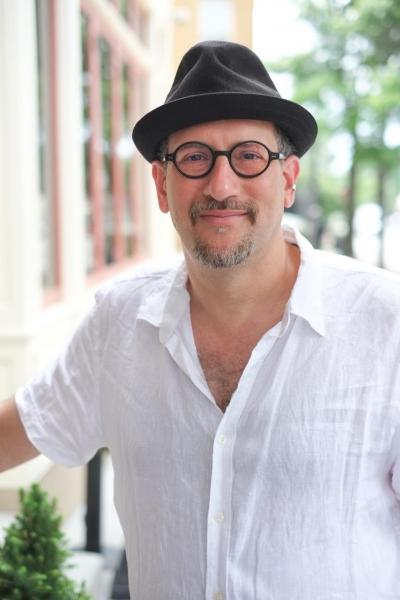

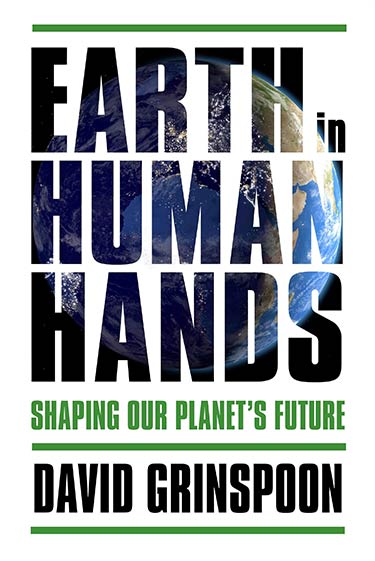


 For this end-of-the-year How on Earth show, we look back to 2016 with clips from some of our features from the past year: selections from the
For this end-of-the-year How on Earth show, we look back to 2016 with clips from some of our features from the past year: selections from the 